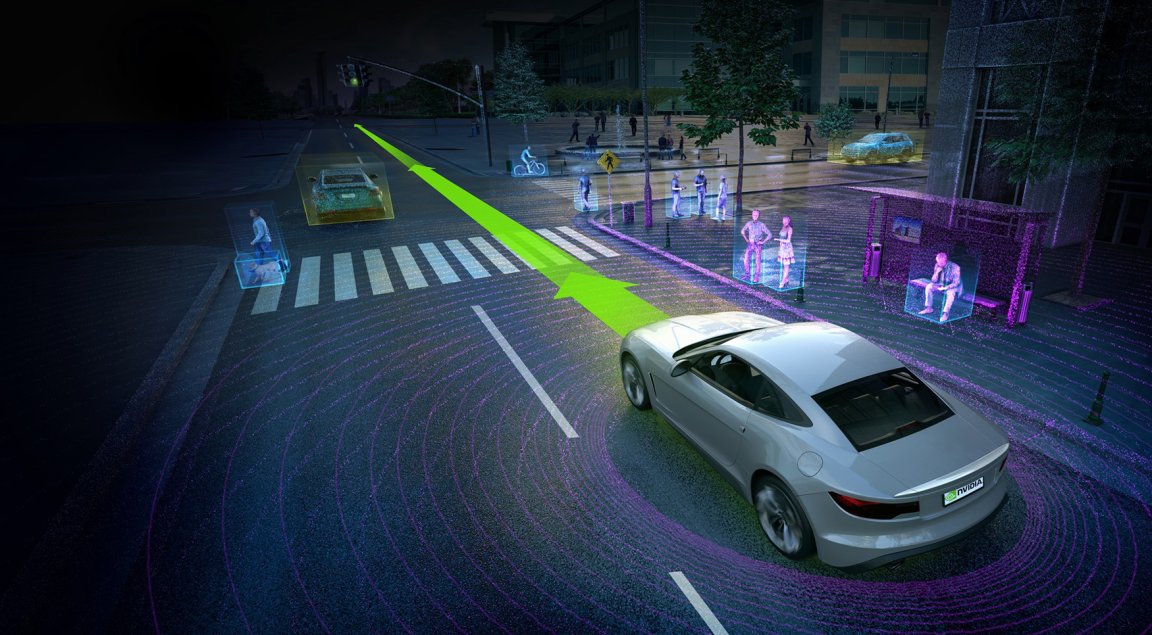
The Road to Full Autonomy
Earlier this month, computer systems developer and chip manufacturer NVIDIA announced a new artificially intelligent (AI) computer which they claimed was capable of supporting fully autonomous vehicles. This probably explains why, on Thursday, NVIDIA CEO Jensen Huang said that AI would enable fully automated cars four years from now.
“It will take no more than 4 years to have fully autonomous cars on the road. How long it takes for the vast majority of cars on the road to become that, it really just depends,” Huang told the press after an NVIDIA event in Taipei, according to Reuters.
Under the standards set by the Society of Automotive Engineers (SAE), a fully autonomous vehicle falls under a Level 5 ranking. Most, if not all, of today’s driverless vehicles are below Level 3, not being fully autonomous. Tesla CEO and founder Elon Musk has said that Tesla would reach Level 5 soon, which General Motors has said is impossible.

From Gamer to Game Changer
Everyone who’s played a video game in recent years is likely familiar with NVIDIA as the maker of the advanced graphics processing unit (GPU) chips that gave your games a more realistic look. The company has since ventured into a wider world of chip technologies, including AI, self-driving cars, virtual reality, and high-performance computing.
NVIDIA has been investing in AI chips for automated systems, which has become a valuable move since the biggest names in tech have all begun to reshape their business models to focus on AI. “There are many tasks in companies that can be automated… the productivity of society will go up,” Huang noted.
Self-driving vehicles and the automated systems that move them are just one of the more immediate applications of this technology. NVIDIA’s powerful chips could make driverless cars more capable of making roads safer by reducing or even completely eliminating human error.